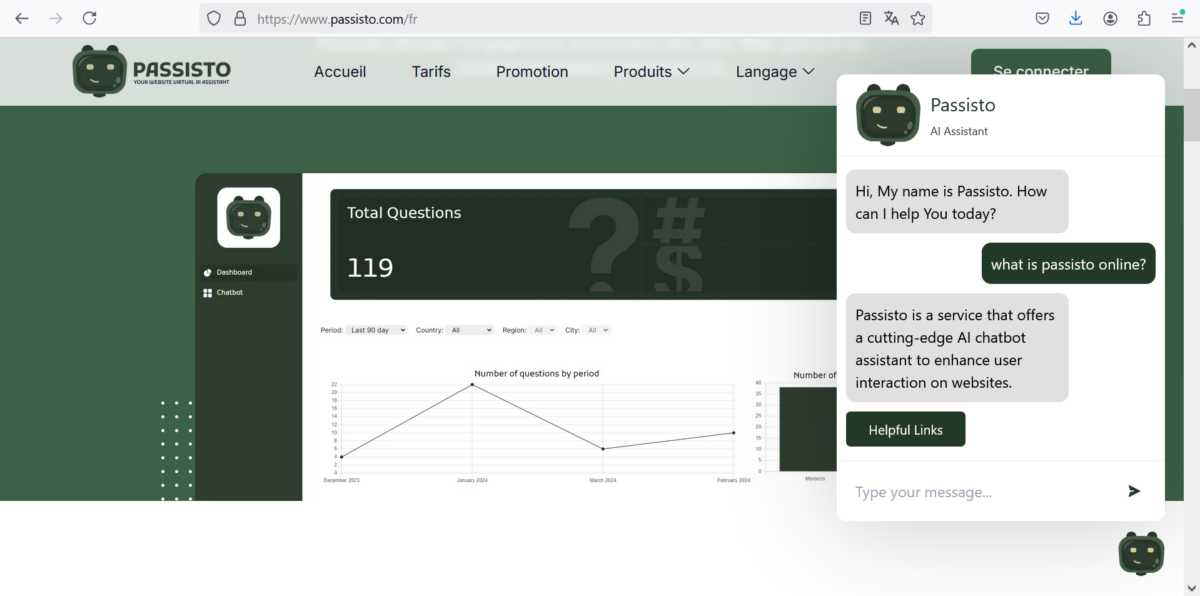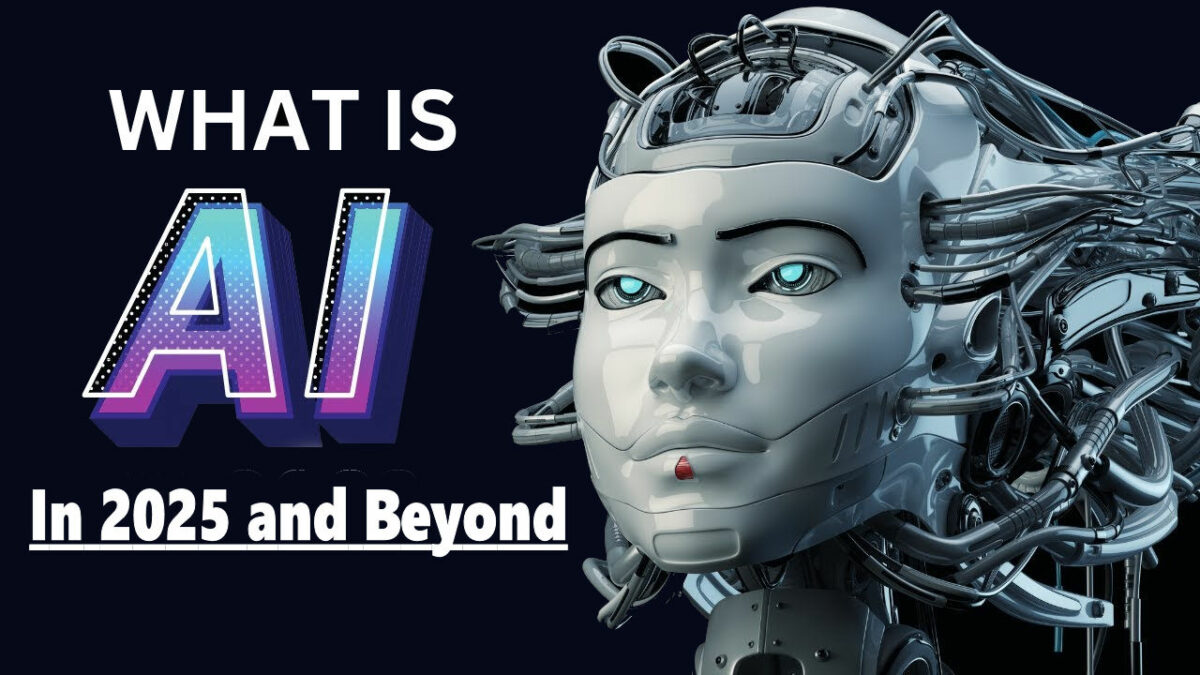Digital transformation is one of the greatest challenges and opportunities businesses face today. Artificial Intelligence (AI) plays a key role in this evolution, redefining work methods, how services are delivered, and even customer relationships. In this article, we will explore how AI is accelerating the digital transformation of businesses and what every organization needs to know to take advantage of this technological revolution.
What is Digital Transformation?
Digital transformation refers to the integration of digital technologies into all aspects of a business. This includes implementing digital solutions to automate processes, improve operational efficiency, and deliver innovative services to customers. At the heart of this transformation is AI, which enables businesses to make better decisions, enhance customer experience, and create more agile business models.
AI: A Fundamental Tool for Digital Transformation
Artificial Intelligence is a set of technologies that allows machines to perform tasks that typically require human intelligence, such as understanding natural language, recognizing images, analyzing big data, and machine learning. Here’s how AI is being used to transform businesses:
- Process Automation
AI enables the automation of repetitive and time-consuming tasks, freeing up employees’ time and reducing human error. For example, in inventory management, businesses can use AI to anticipate product needs and adjust orders in real-time.
- Data Analytics
AI allows businesses to analyze vast amounts of data at speeds and accuracies beyond human capabilities. This empowers businesses to make data-driven decisions. Predictive analytics is especially useful for anticipating market trends and optimizing business strategies.
- Personalizing Customer Experience
AI enables businesses to create more personalized experiences for their customers. For example, AI-powered chatbots can provide instant customer service, while product recommendations are generated based on user purchase behaviors.
- Improving Collaboration
AI facilitates team collaboration by automating certain administrative tasks and enabling smoother information sharing. AI-driven tools help coordinate teams and manage projects more efficiently, offering suggestions on task prioritization and resource allocation.
Challenges of Integrating AI into Digital Transformation
Although AI offers numerous opportunities, its integration within an organization can present certain challenges. Businesses need to be prepared to overcome several obstacles to ensure the success of their digital transformation:
- Initial Investment
Adopting AI solutions may require significant investment, particularly for upgrading technological infrastructures and training teams. However, these costs should be considered a long-term investment, as AI can lead to reduced operational costs and a rapid return on investment.
- Cultural Change
Digital transformation is not just about technology, but also organizational culture. Employees must be ready to adopt new ways of working and collaborating with digital tools. Effective change management and ongoing support are critical for successful adoption.
- Data Protection and Security
AI relies on big data, raising important questions around privacy and security. Businesses must implement robust security protocols to protect sensitive information and comply with data protection regulations, such as GDPR.
Key Benefits of AI for Businesses
- Increased Efficiency
AI reduces time spent on repetitive tasks and enables faster, more accurate decision-making. This leads to improved productivity, reduced costs, and better resource utilization.
- Continuous Innovation
AI allows businesses to stay competitive by developing new products and services based on real-time data. AI also enables rapid adaptation to market changes, identifying new opportunities at an unprecedented pace.
- Enhanced Customer Experience
Businesses that leverage AI to personalize the customer experience and provide instant services are often ahead of the competition. AI enables proactive management of customer expectations and greater customer loyalty.
- Informed Decision-Making
Through data analysis, AI provides businesses with valuable insights that help make strategic decisions based on facts rather than assumptions. This minimizes risks and optimizes performance.
Conclusion: AI, an Essential Factor in Digital Transformation
Artificial Intelligence is much more than a technological trend. It is at the heart of digital transformation for businesses and plays a crucial role in modernizing processes, enhancing customer experience, and optimizing operations. By adopting AI strategically, businesses can not only stay competitive but also define the future of their industry.
It is crucial that every business, regardless of size, understands the benefits of AI and begins integrating it into their digital transformation strategy. To succeed, this requires not only technological investments but also a cultural shift within the organization, a strong focus on data security, and a willingness to continuously adapt.
The question is not whether AI will transform businesses, but when and how your business will be ready to seize this opportunity.


